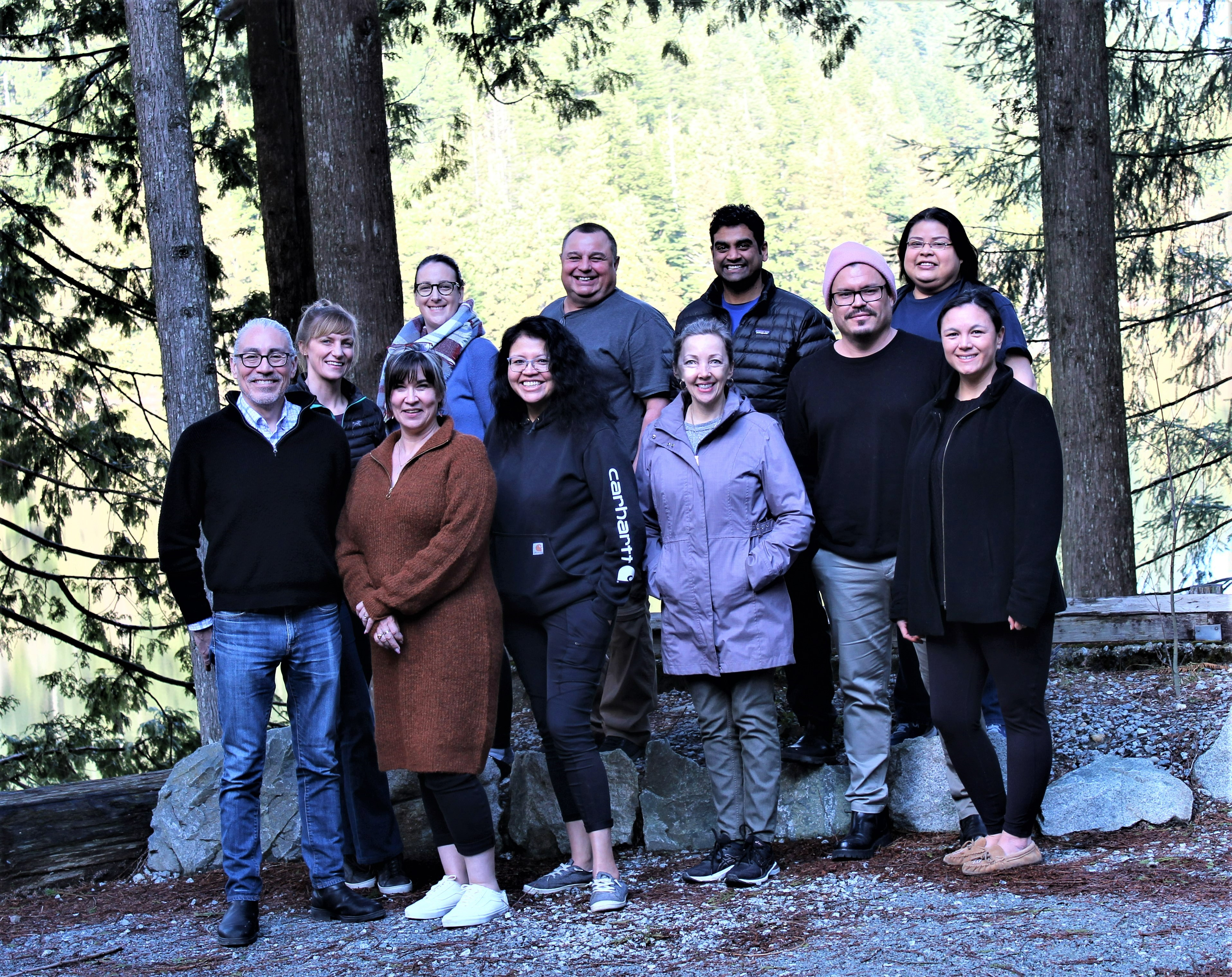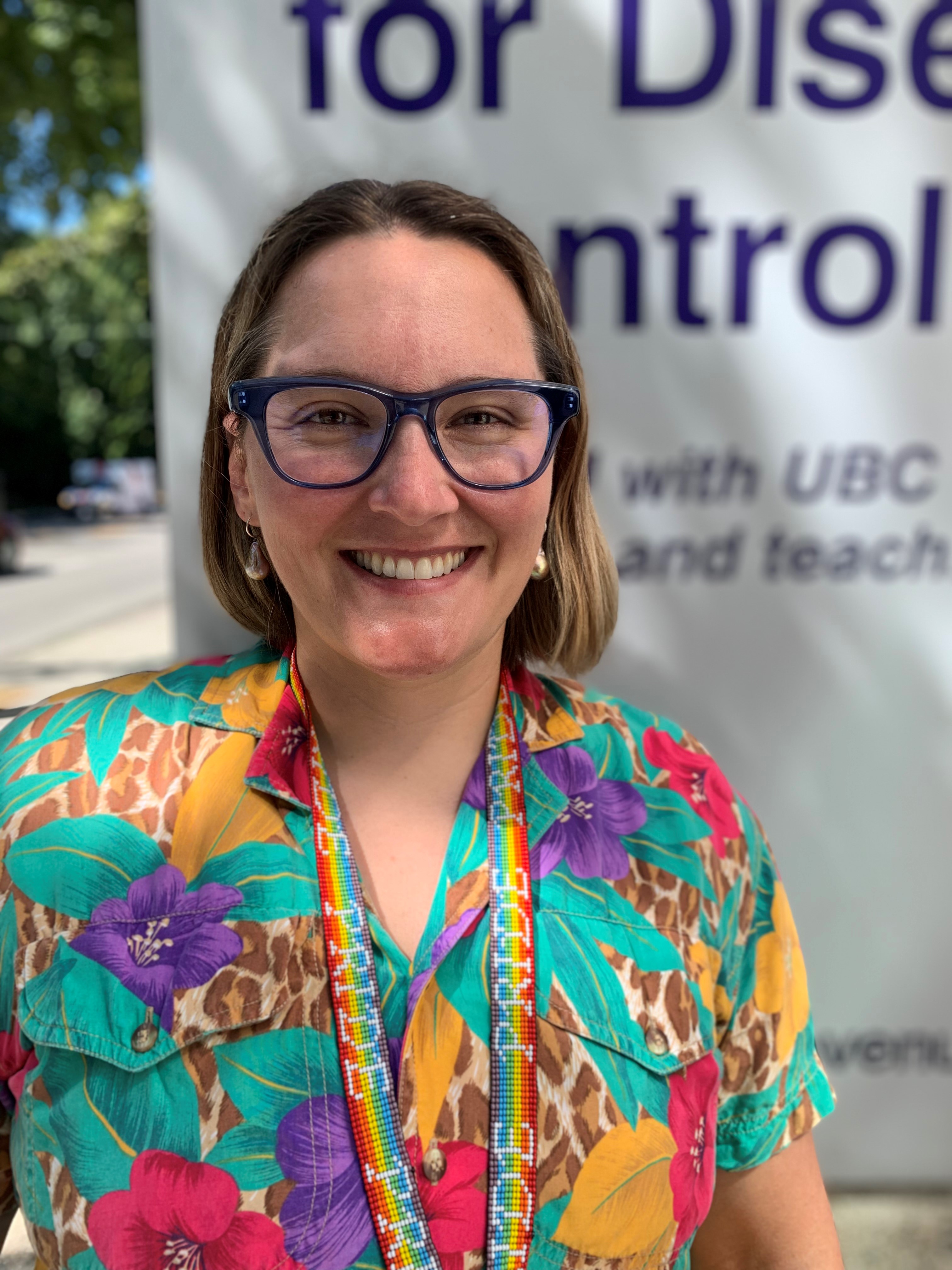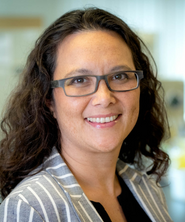The widespread acceptance of at-home testing kits for COVID-19 has opened doors for innovative solutions to improve access to testing for other diseases and infections.
Recently, BC Centre for Disease Control and First Nations Health Authority received $1.2 million in funding from the Public Health Agency of Canada to support such initiatives aiming to make testing for COVID-19 and sexually transmitted and blood-borne infections (STBBIs) accessible to rural, remote or Indigenous Communities in B.C.
“This funding allows us to collectively build on advances in testing technologies due to COVID-19, and improve access to testing for COVID-19 and other infectious diseases in rural, remote and Indigenous Communities,” said Mark Gilbert, Public Health Physician with Clinical Prevention Services (CPS), BCCDC.
“We are excited to be partnering with First Nations Health Authority on addressing the unique barriers faced by these Communities in B.C.”
There are three BCCDC projects that will receive an impetus from this funding.
Chee Mamuk is the Indigenous health team at the BCCDC who works closely in relationships with Indigenous Communities across BC.
Building on the work done during the pandemic to support Indigenous Communities with rapid testing, the Chee Mamuk team will collaborate with Community partners to explore preferences for STTBBI testing models.
“COVID-19 really has opened up self-testing and people’s acceptance of self-testing,” said Judy Sturm, senior practice leader, Chee Mamuk.
“It will be critical to hear what our Communities have to tell us about their needs and barriers related to STBBI testing.”
 Image: Chee Mamuk team members
Image: Chee Mamuk team members
An important component of this project will be understanding the current best practices around testing technologies and use within Indigenous Communities.
“We are also going to look to see what data points we can get to visually show some of the complexities and challenges in testing for Indigenous Communities by incorporating Indigenous Communities into existing maps of STBBI services that currently may only reflect municipalities.”
Dr. Naomi Dove, medical lead, Chee Mamuk and Judy Sturm will be leading this project.
During the pandemic, BCCDC Public Health Laboratory (PHL) worked with the National Microbiology Laboratory (NML) to develop a process for serologic testing for COVID-19 using dried blood spots. Dry blood spot samples are collected by finger prick (like a blood sugar monitoring test) and spotting drops of blood onto a special type of paper.
 The PHL received funding to create a proposal for roll-out and scale-up dried blood spot testing for sexually transmitted and blood-borne infections in B.C.
The PHL received funding to create a proposal for roll-out and scale-up dried blood spot testing for sexually transmitted and blood-borne infections in B.C.
With this dried blood spot testing for sexually transmitted and blood-borne infections, patients will be able to collect their sample at home and ship it to the lab for testing instead of having to go into a lab to have their specimens collected.
“A dried blood spot testing program in B.C. is expected to benefit the province in several ways, such as making STBBI testing available for everyone, no matter where they live,” said Sofia Bartlett, senior scientist, CPS, who is leading the project.
The BCCDC PHL developed a self-registration tool which was used at COVID-19 testing sites in metro Vancouver region for self-collected gargle test kits.
 A part of this funding will help PHL launch a pilot program to use this self-registration tool to support COVID-19 testing in rural, remote, or Indigenous communities.
A part of this funding will help PHL launch a pilot program to use this self-registration tool to support COVID-19 testing in rural, remote, or Indigenous communities.
“This tool will help make COVID-19 testing more accessible in these communities and remove barriers like having an attendant or errors in data entry,” said Dr. Linda Hoang, associate director and program head of the Bacteriology & Mycology Lab, BCCDC, who will be leading this project.
In the future, there is also potential for this tool to be used for the self-collection of specimens for other infections.
